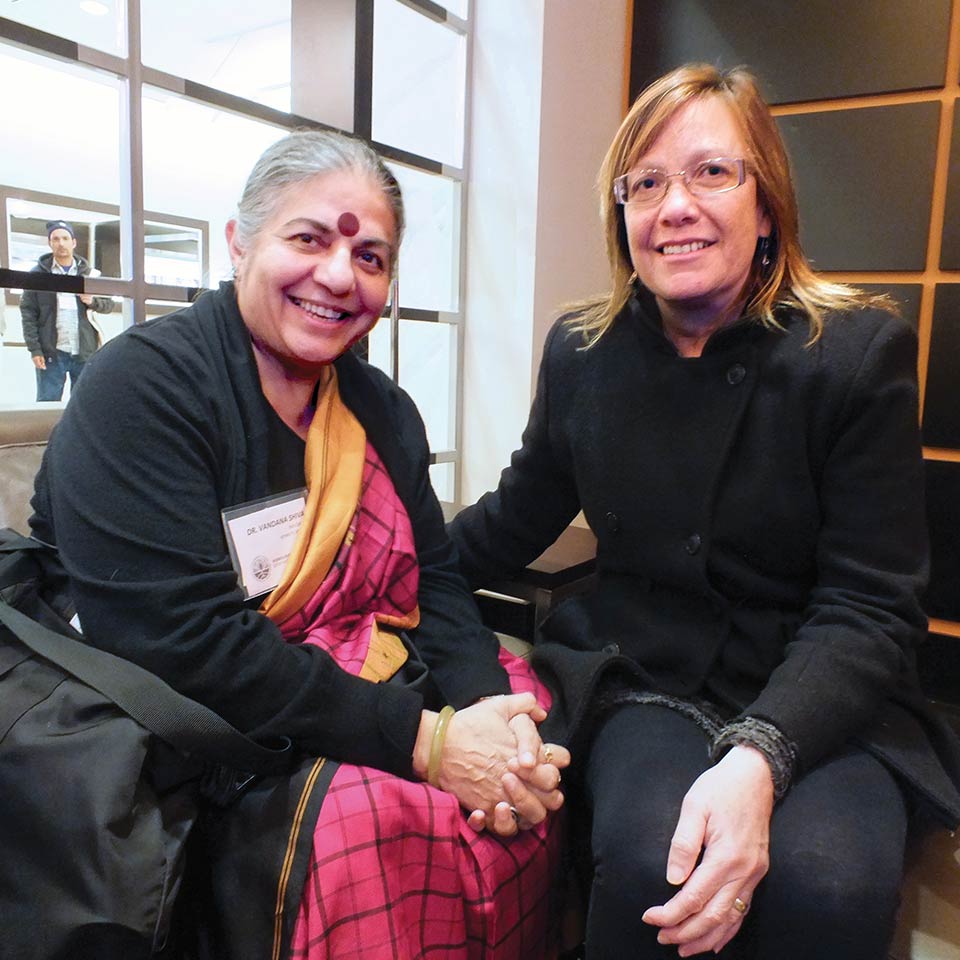Walking God’s Paths is a six-session process to stimulate candid conversation between Jews and Christians. This series consists of 15-minute discussion-starting videotapes and a detailed online User’s Guide containing dialogue questions and resources. Participants will experience each tradition’s understanding of its walk with God and how the two faith communities can relate to one another in positive ways.

This slideshow chronicles important advances in the relationship between the Catholic Church and the Jewish people over the last 70 years and the significant healing that has taken place between Jews and Christians. More than two dozen major events are highlighted beginning with the historic 1947 Seelisberg Conference and continuing right up to the papacy of Pope Francis.
Entitled That we may know each other, this document was produced for congregations of the United Church of Canada but can be useful for other Christian denominations. The purpose of this resource is to help Christians understand Islam and Muslims as well as to deepen Christian self-understanding. The inclusion of a handy study guide makes this document eminently useful and practical.


This 76-page interfaith dialogue guide blends Scripture (Islamic and Christian) with family systems theory to offer specific guidelines, techniques and practices that can help bridge religious, ethnic and other kinds of identity divides. It was designed to help facilitators bring together Christians and Muslims in workshops, dialogues, mediations, meetings, interventions or mentoring groups. Although designed for use within the Nigerian cultural context, it is applicable within many other cultural contexts where faith is a critical factor, and where identity differences divide a population, resulting in community rupture or violence.
Entitled Honoring the Divine in Each Other, this document was produced for congregations of the United Church of Canada but can be useful for other Christian denominations. The purpose of this resource is to help Christians understand Hinduism and Hindus as well as to deepen Christian self-understanding. A handy, four-session study guide provides numerous learning opportunities as well as readings from the Christian Bible and the Hindu scriptures.

This toolkit contains a multitude of resources to enable Christians to engage with other faith traditions. Included among the kit’s many features are “how to” resources, guidelines for multifaith prayer, brief introductions to world religions, reflective materials on interfaith relationship-building and guidelines for bilateral dialogues e.g. Muslim-Christian, Jewish-Christian, Buddhist-Christian.